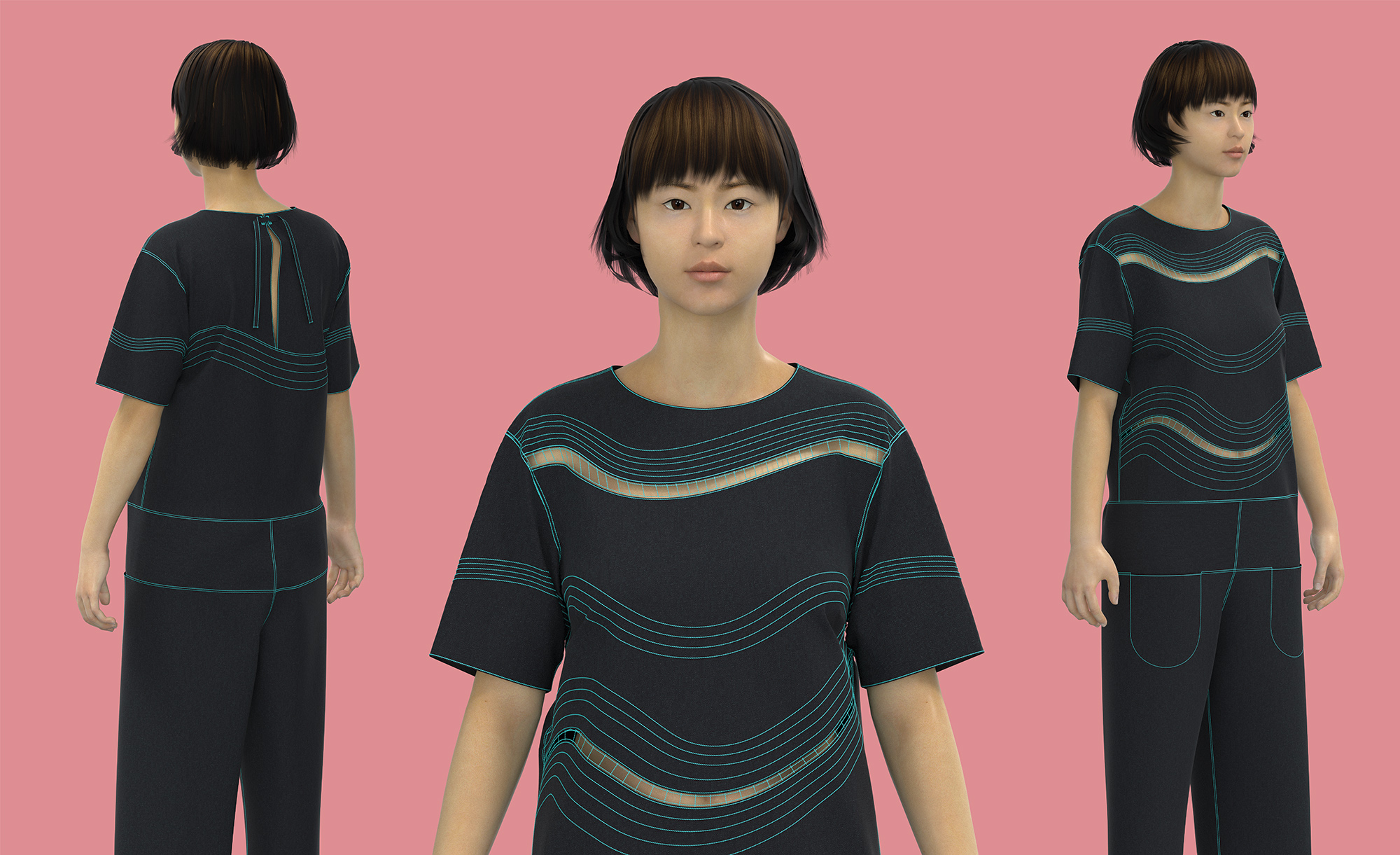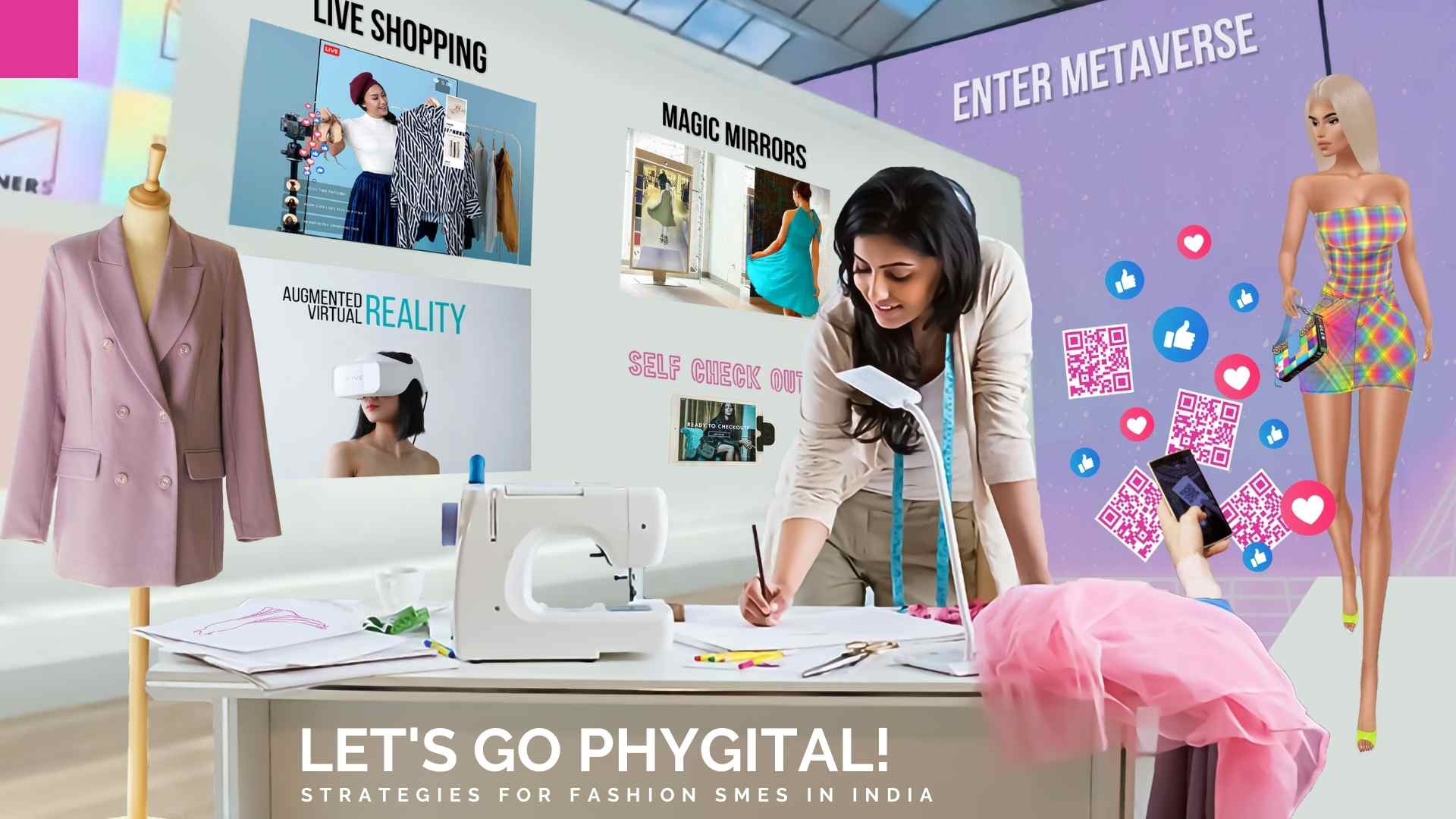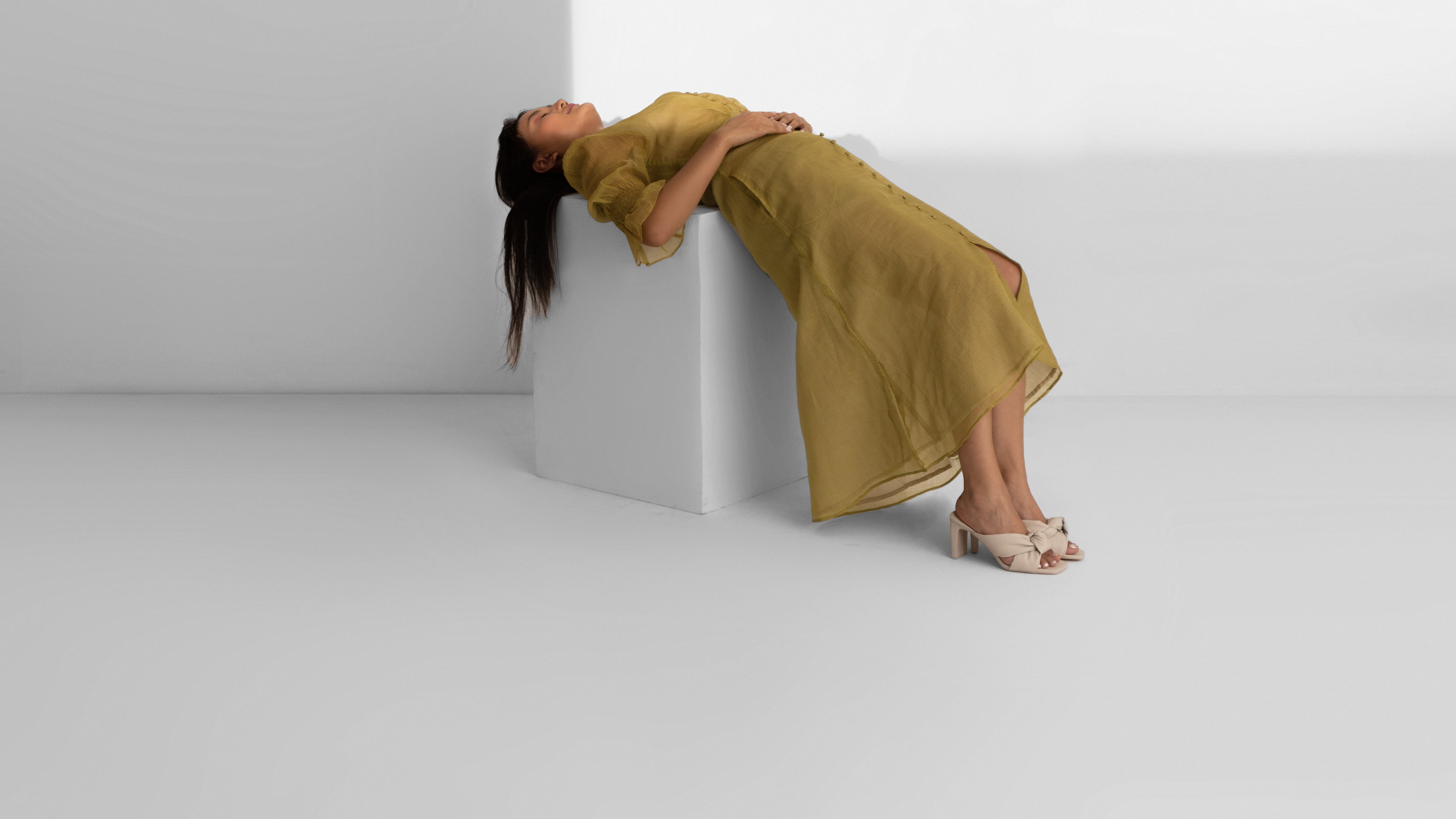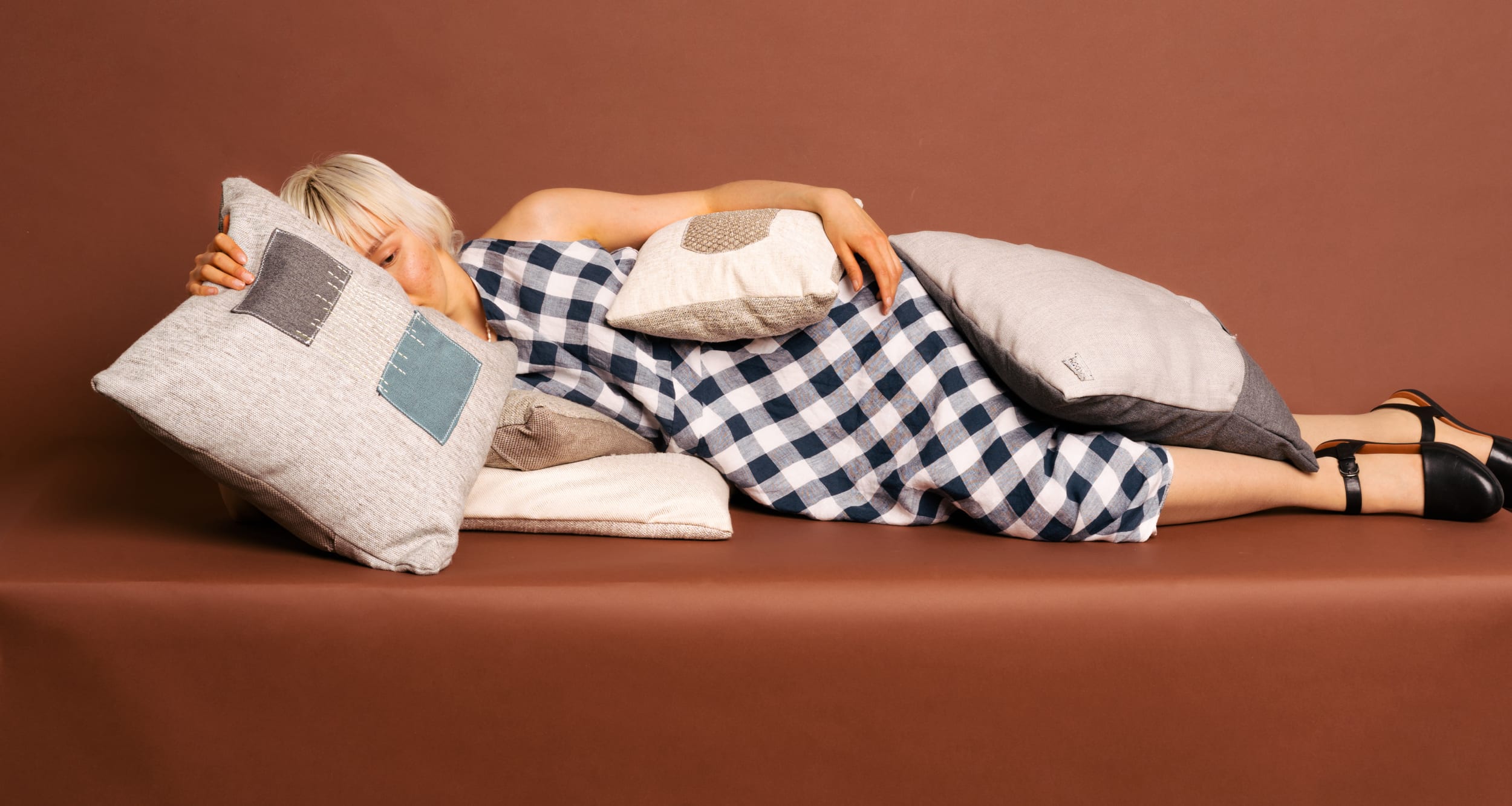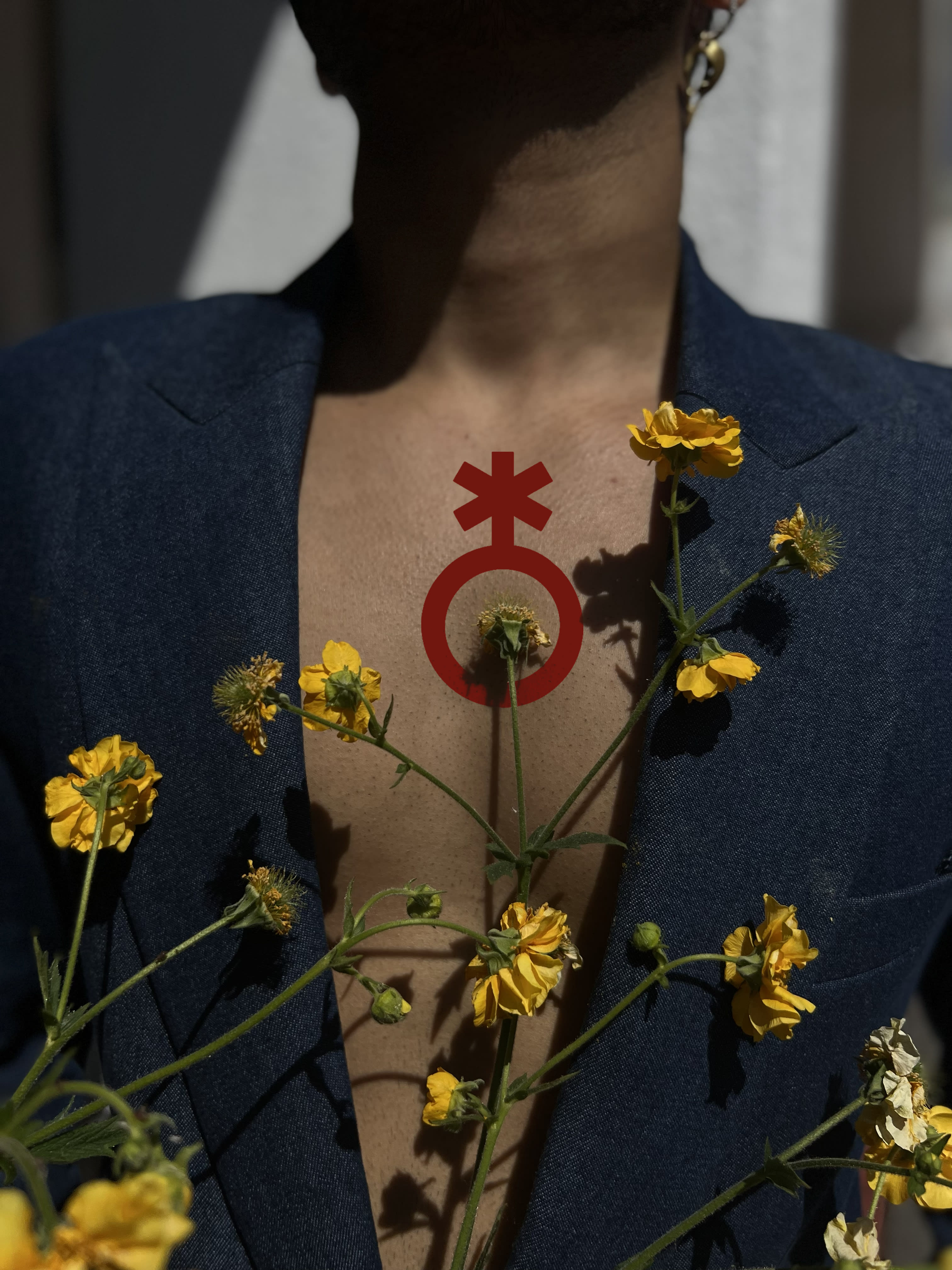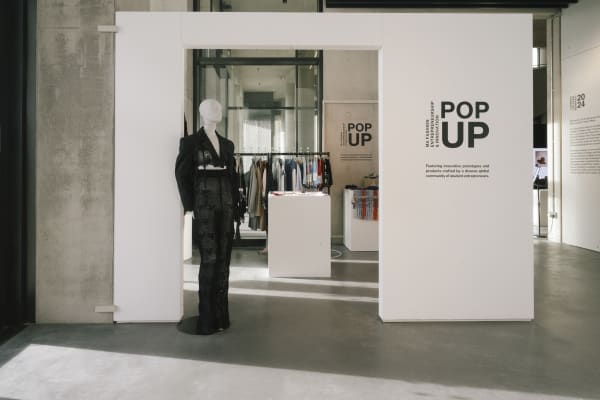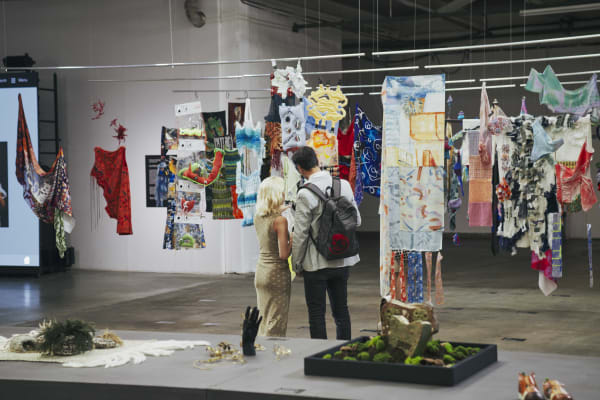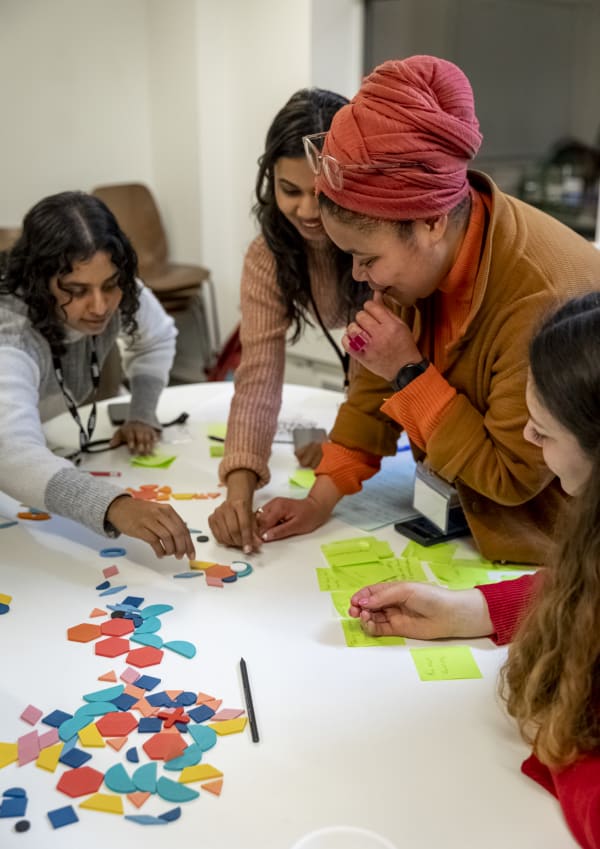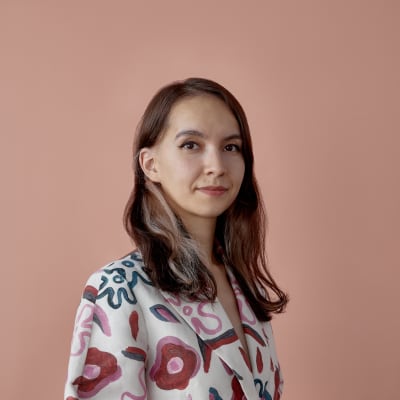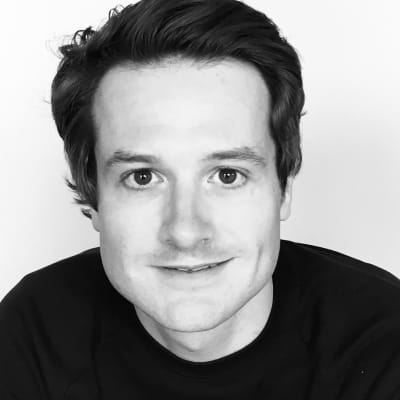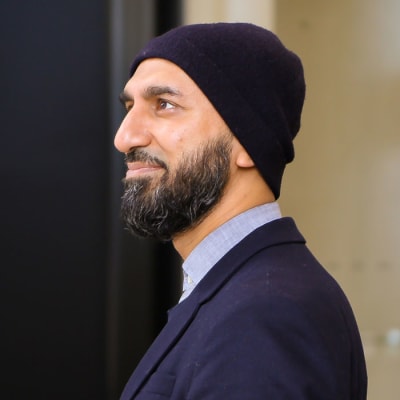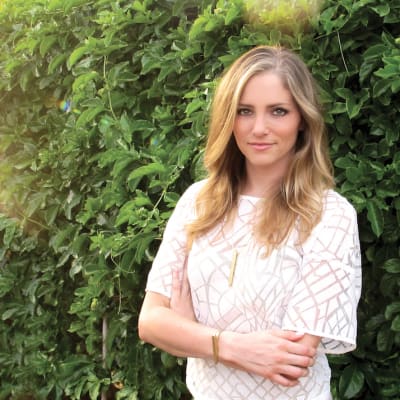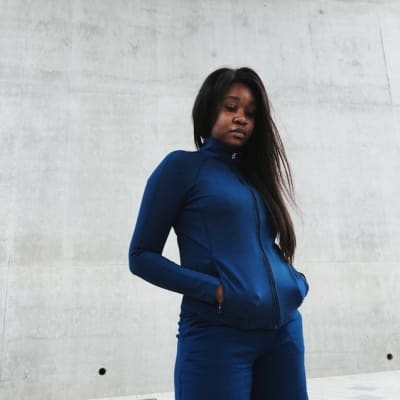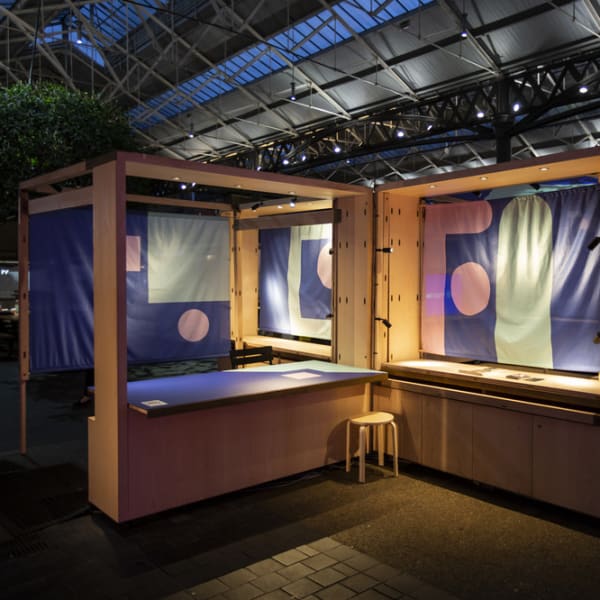Course overview
The MA Fashion Entrepreneurship & Innovation forms part of a portfolio of postgraduate courses in the Fashion Business School, London College of Fashion. Building on London College of Fashion’s world-renowned reputation for industry aligned programmes, this pioneering course was established to support the development of new business and scale of micro to medium-sized businesses, corporate ventures, and their global founders. We are committed to ensuring that your skills are set within an ethical framework and are working to embed UAL’s Principles for Climate, Social and Racial Justice into the course.
MA Fashion Entrepreneurship & Innovation is aimed at budding entrepreneurs and existing founders who want to challenge the status quo. New and existing creative enterprises require ethical leaders who are resilient, skilled at handling uncertainty, measuring progress, and scaling a sustainable business through testing, iteration and continuous innovation. The course focuses on applying entrepreneurship through design thinking and actionable theory in a real-world context. The ‘learning by doing’ ethos of the course is underpinned by peer learning using an innovative, self-determined coaching approach. The founder sets personal and business objectives, builds strategic networks, and creates value for their ventures. Inspired by the international success of Tiimi Aketemia (Team Academy) in Finland, this course uses team coaching techniques to support developing entrepreneurs and extant founders in building the skills, mindset and practical experiences needed to define and achieve their business and leadership goals as a team in entrepreneurship.
The course provides a safe space for global and diverse learners to come together for the purpose of sharing skills and experiences, which enrich and strengthen their brand ideas or existing businesses. The Capstone Project provides an opportunity for extensive research in entrepreneurial practice and the development of an artifact intended to lead to the launch or scale of a viable business or company project, and demonstrate the academic rigour appropriate to Master’s level work in entrepreneurship and innovation.
Mode of study
MA Fashion Entrepreneurship and Innovation is a full-time course which runs for 45 weeks over 12 months.
Credit Framework
The credit framework conforms to the University of the Arts London framework in which the unit of credit is 20 credits (equivalent to 200 hours of student study time). All credits on this master’s programme are at postgraduate level 7.
Climate, Social and Racial Justice
We are committed to developing ethical Fashion Business practices. To achieve this, we are working to embed UAL’s Principles for Climate, Social and Racial Justice into the course.
